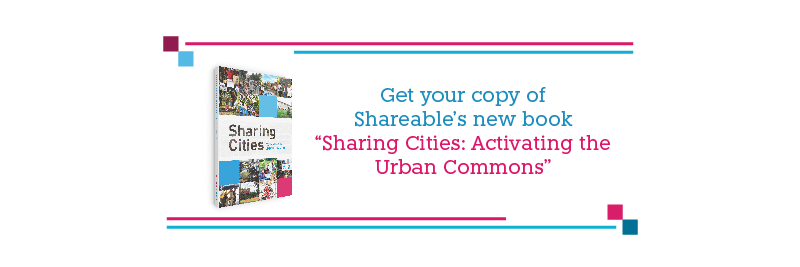This article was adapted from our latest book, "Sharing Cities: Activating the Urban Commons." Download your free pdf copy today.
The city of Johannesburg adopted its Integrated Waste Management Plan (IWMP) and policy in 2011. The plan and related policy represents one of Africa's most comprehensive regulatory and programmatic waste-management efforts. The plan's origin stems from the national government's Waste Act of 2008, which required municipalities to develop IWMPs. Johannesburg's plan promotes an integrated approach to waste building on well-known concepts such as the waste hierarchy, cradle-to-cradle design, separation at source, and community-level proximity. The plan and Pikitup's (Johannesburg's city owned waste management company) annual report detail many community-oriented waste-reduction activities, including environmental awards to promote waste minimization and recycling; cleanup campaigns and other educational programs targeted to certain groups (for instance, the annual provincial Cleanest Town Competition); creation of new waste cooperatives and community food gardens; and the use of performance arts and exhibitions to communicate positive messages about waste management. While progress in waste reduction is uneven, Johannesburg's participatory, community-oriented waste-management activities are worth emulating.
View the full policy here.
Learn more from:
This policy is adapted from our latest book, "Sharing Cities: Activating the Urban Commons." Get a copy today.
Header image by Scott Van Hoy via Unsplash










